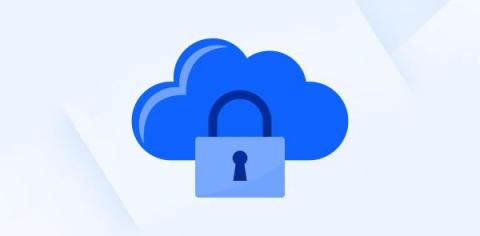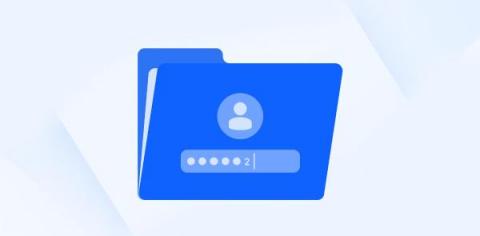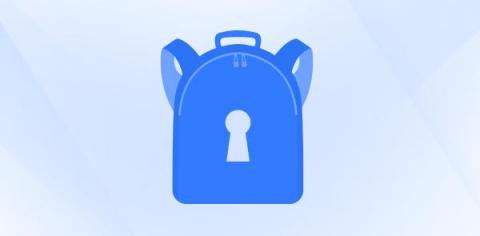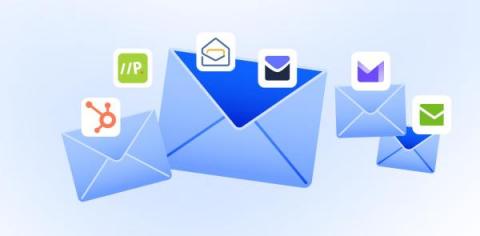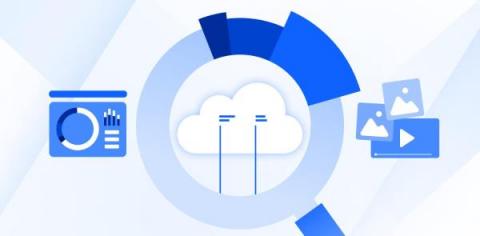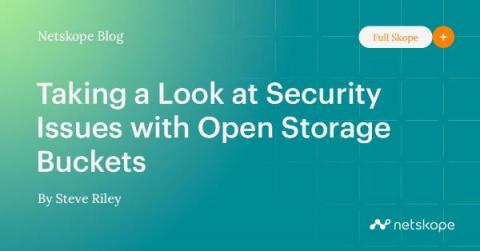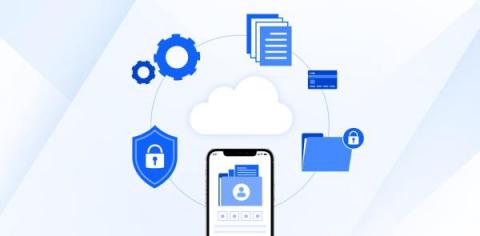Security | Threat Detection | Cyberattacks | DevSecOps | Compliance
Storage
More Online Privacy Horror Stories: 7 Disturbing Hacks and Breaches That Happened In 2022
Cryptography Made Simple: What You Need To Know and Why It's So Awesome
When you browse the web, use social media, or shop online, you probably don’t think about how your personal information is being safeguarded. However, with so many cyberattacks hitting the news on a frequent basis, this is something that should concern you. You see, hackers can gain access to your personal information if it isn’t properly encrypted and safeguarded. Thankfully, cryptography is here to save the day.
10 Tips to Keep Your Cloud Storage Safe and Secure
Across the globe, we are all now always connected. People now share, upload, and download information from their phones or computers. Cloud-based storage has become incredibly popular because everything is accessible. And with multiple devices synced, you'll never have to worry about forgetting a file again. However, it's not without risks. If someone gets access to your account credentials, they could potentially view all your data stored in the cloud.
How To Store Employee Personal Data Securely and Why It Matters
As an employer, you have both a moral and legal obligation to shore up sensitive information about your employees. Sensitive information includes genetic and biometric data, medical records, SNNs (social security numbers), and criminal history records, just to name a few. Fail to do so, and you will open yourself up to loads of risk. Hackers are constantly on the hunt for applicant and employee data that they can further sell on the dark web or use to perpetrate fraud.
How To Secure Your Files for Back to School? Cybersecurity Tips for Students
While online learning provides many positive opportunities for learners and teachers alike, it is more important than ever to strengthen cybersecurity defenses to deal with new and emerging attacks. As school is back in session, now is a good time to double-check that you’re doing everything necessary to keep your data (and your homework) secure online.
7 Best Encrypted Email Services to Protect Yourself With In 2022
Most successful hacks and data breaches are perpetrated through email. In a perfect world, everyone would find safer methods for communication, but since email isn't going anywhere anytime soon, encrypted email is our best option. Since Internxt doesn't have its own encrypted email yet, we've assembled a list of the best encrypted email services you should use in the meantime.
5 Reasons Why Marketing Teams Should Use Secure Cloud Storage
The cloud has a lot going for it, and one of the most significant advantages it has brought to the table is data storage. For businesses, this surplus of cheap and scalable cloud storage combined with the many new innovations in cloud computing has the potential to boost productivity, reduce expenses, and simplify operations. In the marketing industry, cloud computing already benefits companies of all sizes.
Taking a Look at Security Issues with Open Storage Buckets
Now that we’ve explored the familiar form of SaaS file sharing, let’s compare it to the very different ways that storage objects in IaaS/PaaS clouds are shared (e.g., Amazon S3 buckets, Azure blobs, Google Cloud storage). All of these objects begin with a much more controlled default. Only the owner of the object has access—the opposite of the starting point for SaaS.
Improving Information Security in the Age of Remote Work
Remote work has become popular among employees. 74% of workers say they would be less inclined to leave a company if they could work from home. No commuting, better work-life balance, greater flexibility, and increased motivation attract employees to telecommuting. Although companies offer remote work, data security concerns them. Employees might use unsecured wifi networks, leave their computers and laptops unattended, or carry confidential documents to public locations.





